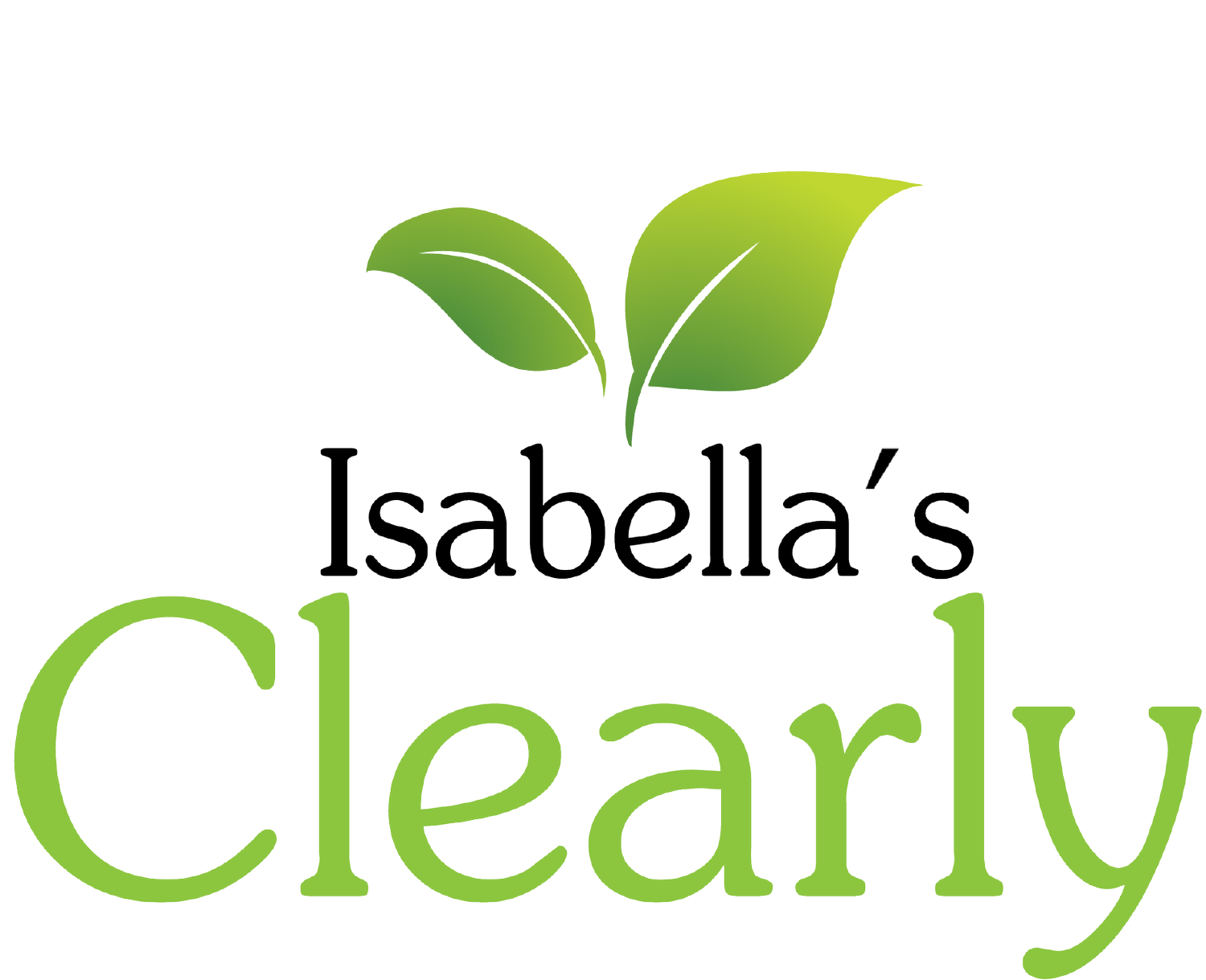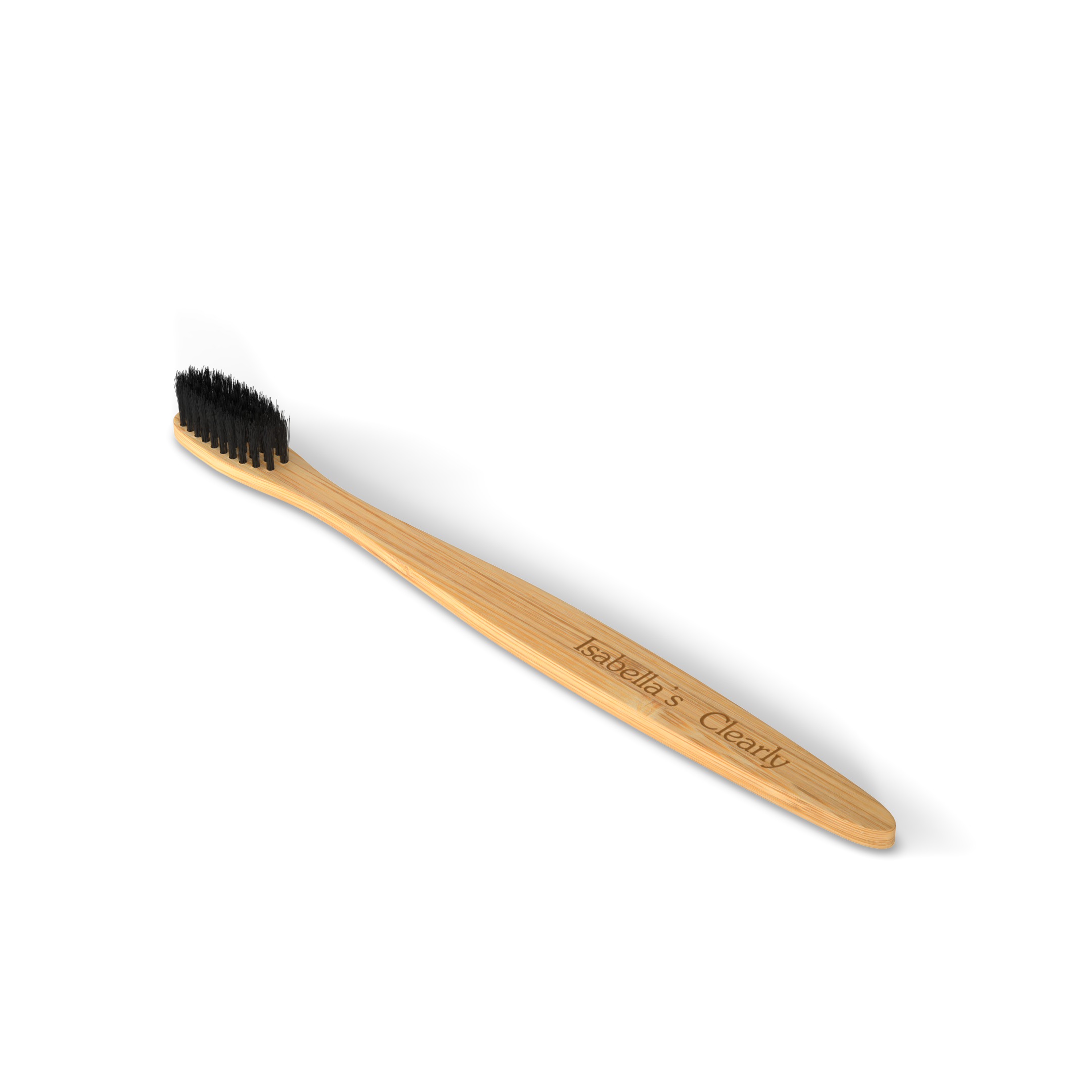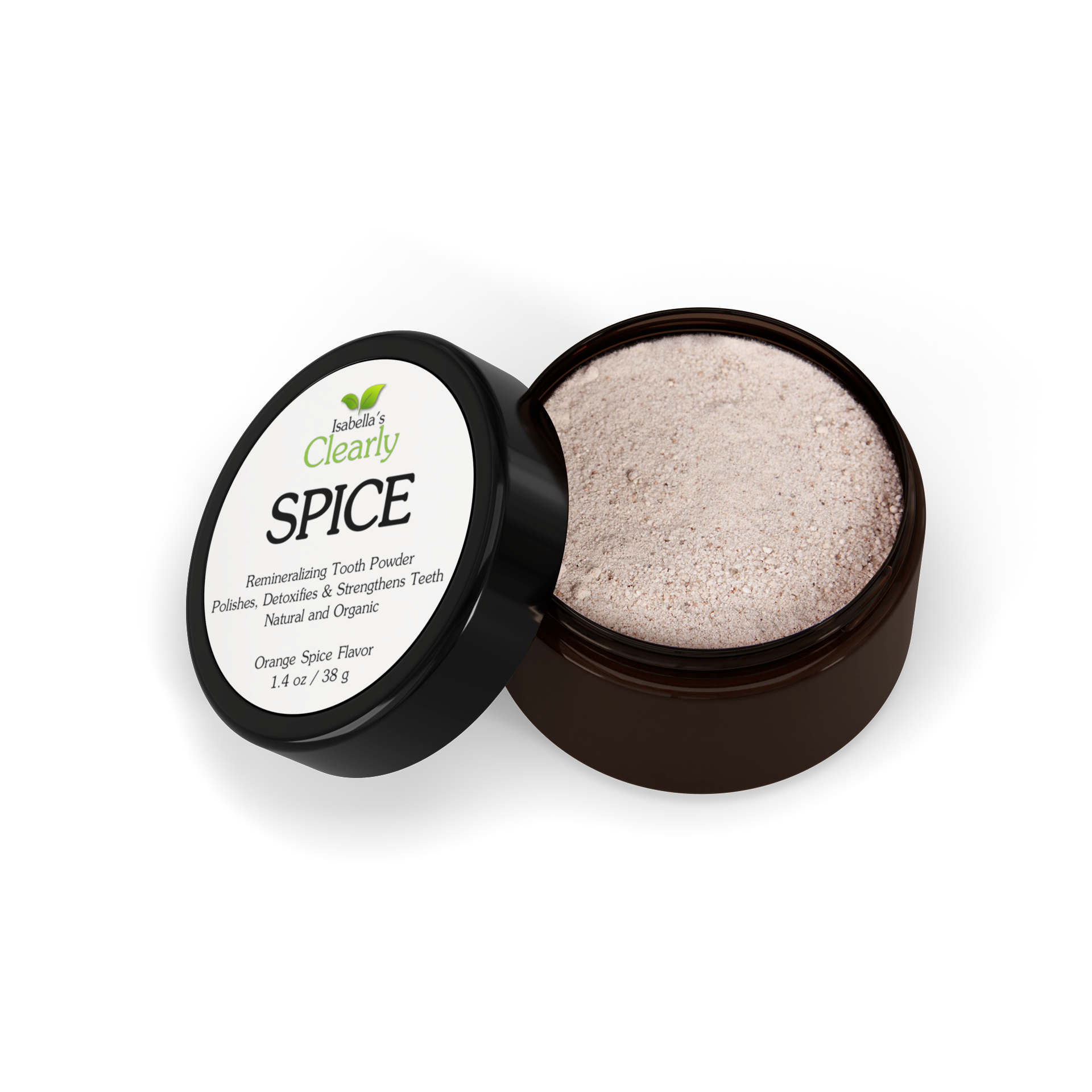Naturally Treat Bad Breath in 10 Easy Steps
One really annoying thing about having bad breath is that most people don’t realize that they have it. We rely on our closest friends and family to tell us when there’s an issue, and then we have to quickly figure out the cause and the solution - after dealing with the minor embarrassment. Covering our mouths when talking to others because we feel self conscious is not a long term solution. If you suffer from bad breath, don’t feel defeated - you can make small lifestyle changes that will help resolve the issue in no time.
What Causes Bad Breath?
While we may all experience bad breath after eating garlic, onions or certain cheeses, chronic bad breath (also called Halitosis) is bad breath that persists for a longer period of time and does not go away after brushing and flossing our teeth.
The major cause of persistent bad breath is bacteria that naturally live in our mouths. Most of the time, the odor is associated with poor oral hygiene, gum disease, or dry mouth - providing bacteria a great place to thrive. Less likely, there could be an underlying medical condition, such as gastrointestinal disease, a respiratory infection, or advanced liver and kidney disease. If the issue persists after trying the home remedies below, we recommend you see your doctor to rule out any serious conditions.
How to Naturally Treat Bad Breath?
Brush your Teeth
Brush your teeth at least twice a day. Make sure to focus on removing all food particles from the mouth. If your toothbrush can’t seem to get between your teeth, try another one with extra soft bristles to get in all the right places.
Floss Daily
After brushing, use a gentle floss to remove any food particles that get stuck between your teeth. Bacteria thrives on sugars and starches that are left behind - so make sure you remove it all, especially at bedtime.
Clean your Tongue
After brushing and flossing, take an extra few seconds to scrape your tongue to remove surface bacteria and debris. A tongue scraper made of copper is a great option as it’s naturally anti-microbial and anti-bacterial.
Rinse with Coconut Oil
Rinsing with an oil, instead of a mouthwash, is referred to as “oil pulling.” Simply put a tablespoon of extra virgin coconut oil in your mouth and swish it around for about 15 minutes. Coconut oil helps to reduce the amount of harmful bacteria in the mouth and has also been shown to reduce the risk of cavities and gingivitis.
Rinse with Essential Oils
Add a few drops of essential oils to your toothpaste, to the coconut oil rinse or to a glass of water (to make your own mouthwash). Peppermint, Tea Tree, Myrrh, Cinnamon, Clove and Eucalyptus oils are all great choices because of their anti-bacterial, anti-fungal and anti-microbial properties. Essential oils can help eliminate harmful bacteria and freshen the breath. Always make sure to dilute essential oils properly before using.
Brush with Clay, Baking Soda and Xylitol
Bentonite clay, Baking Soda and Xylitol are key ingredients in tooth powders because of their incredible oral care benefits. They help to reduce cavity-causing bacteria and toxins in the mouth, neutralize excess acids, reduce plaque, prevent tooth decay and heal inflamed gums. This creates a healthy environment in the mouth that will keep the bacteria away.
Stay Hydrated
Dehydration and dry mouth can magnify bad breath because of the lack of saliva to clean the interior of the mouth. Staying hydrated by drinking water regularly and avoiding caffeine and alcohol can help. Rinsing with Xylitol and coconut oil regularly can also help to moisture the mouth. If your dry mouth is caused by a specific medication, talk to your doctor about alternatives.
Avoid Processed Foods
Processed foods and refined sugars are favorites for bacteria. The bacteria ferment the sugars in your mouth, releasing bad odors. Try replacing processed foods with fresh fruit, proteins and vegetables (that require a lot of chewing) to help clean the mouth and avoid tempting the bacteria.
Eat Yogurt
While we’ve been talking a lot about eliminating bacteria from your mouth, one way to remove the undesirable bacteria is to increase the good bacteria. Eating probiotic rich foods, such as yogurt and kefir, can help reduce odor-causing compounds, such as hydrogen sulfide (which smells like rotten eggs). Make sure to choose a low-sugar yogurt and kefir to avoid feeding the bacteria instead of eliminating it.
Visit your Dentist
This is not necessarily an at-home remedy but if you haven’t seen your dentist lately, it’s important to go for regular check-ups. Cavities, gum disease and plaque can all contribute to bad breath. Having a professional cleaning session at the dentist, followed with good oral hygiene at home, can help resolve bad breath more quickly.








